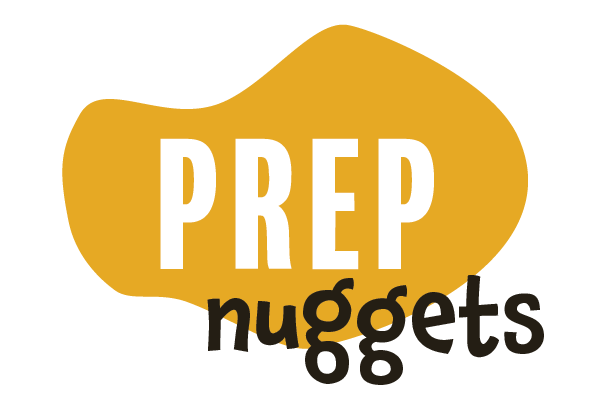Code of Ethics & Standards of Professional Conduct | CFA Level I Ethics
Professional Conduct Program and Enforcement
The CFA Institute Board of Governors is responsible for the Professional Conduct Program (PCP). The Disciplinary Review Committee (DRC), consisting of volunteer CFA Charterholders, enforces the Code and Standards. The CFA Institute Bylaws and Rules of Procedure for Professional Conduct provide the structure for enforcement.

The disciplinary process has several stages, including initiating an inquiry, conducting the inquiry into the alleged violation, determining appropriate disciplinary action, and executing disciplinary sanctions.
Initiating an Inquiry
An inquiry into a member’s professional conduct can be initiated in several ways:
- Self-disclosure: Members must declare on their annual Professional Conduct Statement if they have been involved in civil litigation, criminal investigation, or are the subject of a written complaint.
- Written complaint: This can come from a fellow CFA member, colleague, employer, or client.
- Public sources: Reports of misconduct received through public sources, such as news articles or broadcasts.
- Exam proctor report: Possible violation during the exam reported by a CFA exam proctor.
- Post-exam analysis and monitoring: CFA Institute may analyze scores and exam materials, as well as monitor online and social media to detect disclosure of confidential exam information.
Disciplinary Actions and Sanctions

Based on the results of the inquiry, the Professional Conduct staff may decide that no violation occurred, issue a cautionary letter for minor violations, or impose disciplinary sanctions for greater offenses. Sanctions can include public censure, suspension of CFA membership and use of the CFA designation, and revocation of the CFA charter. Candidates may be suspended or prohibited from further participation in the CFA Program.
Code of Ethics
The Code of Ethics is a six-point platform outlining the principles of ethical behavior for investment professionals. It applies to all members and candidates of the CFA Program.
- Integrity, competence, diligence, and respect: A member should act with these qualities when dealing with anyone in the global capital markets.
- Integrity of the investment profession and interests of clients: A member must place the interests of the profession and clients above their personal interests.
- Reasonable care and independent judgment: A member should use reasonable care and maintain independence in investment analysis, recommendations, and actions.
- Practise and encourage professional and ethical behavior: A member should not only practice ethically but also encourage others to do so, reflecting credit on themselves and the profession.
- Promote the integrity and viability of the global capital markets: A member should work towards the ultimate benefit of society by upholding the integrity of the capital markets.
- Maintain and improve professional competence: A member is expected to continuously improve their competence through continuing education.
The Code of Ethics represents broad statements of ethical behavior and principles, without detailing specific rules or actions.

Standards of Professional Conduct
The Standards of Professional Conduct contain the specific rules and guidelines governing ethical behavior for CFA members and candidates. There are seven main standards, each subdivided into several parts.
Over the next several lessons, the details of each of the seven standards will be covered. Preparing for these topics will be essential for mastering the CFA Level I Ethics portion of the exam.
Stay tuned, and get ready for an in-depth exploration of the CFA Level I Ethics Standards of Professional Conduct!
✨ Visual Learning Unleashed! ✨ [Premium]
Elevate your learning with our captivating animation video—exclusive to Premium members! Watch this lesson in much more detail with vivid visuals that enhance understanding and make lessons truly come alive. 🎬
Unlock the power of visual learning—upgrade to Premium and click the link NOW! 🌟

